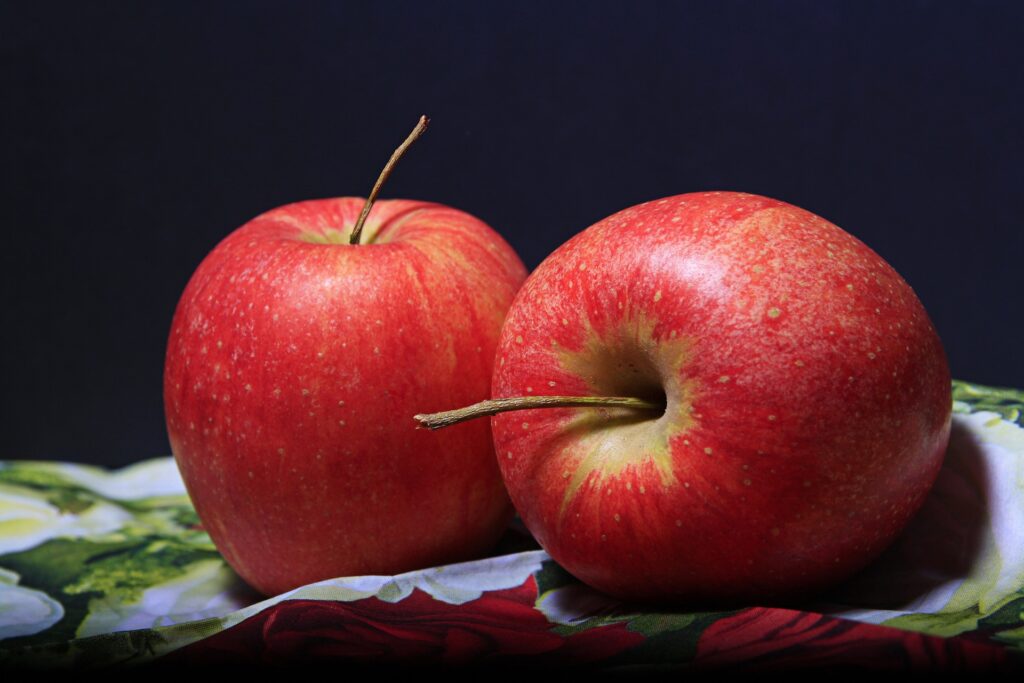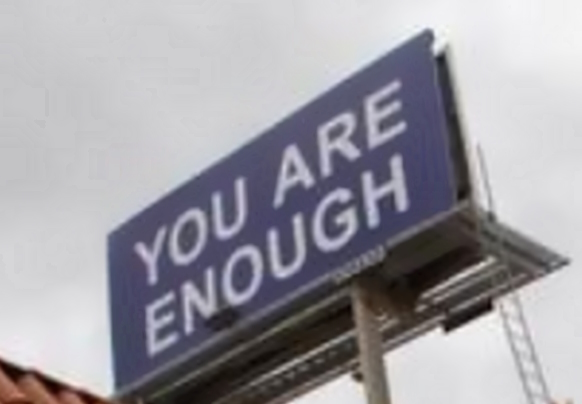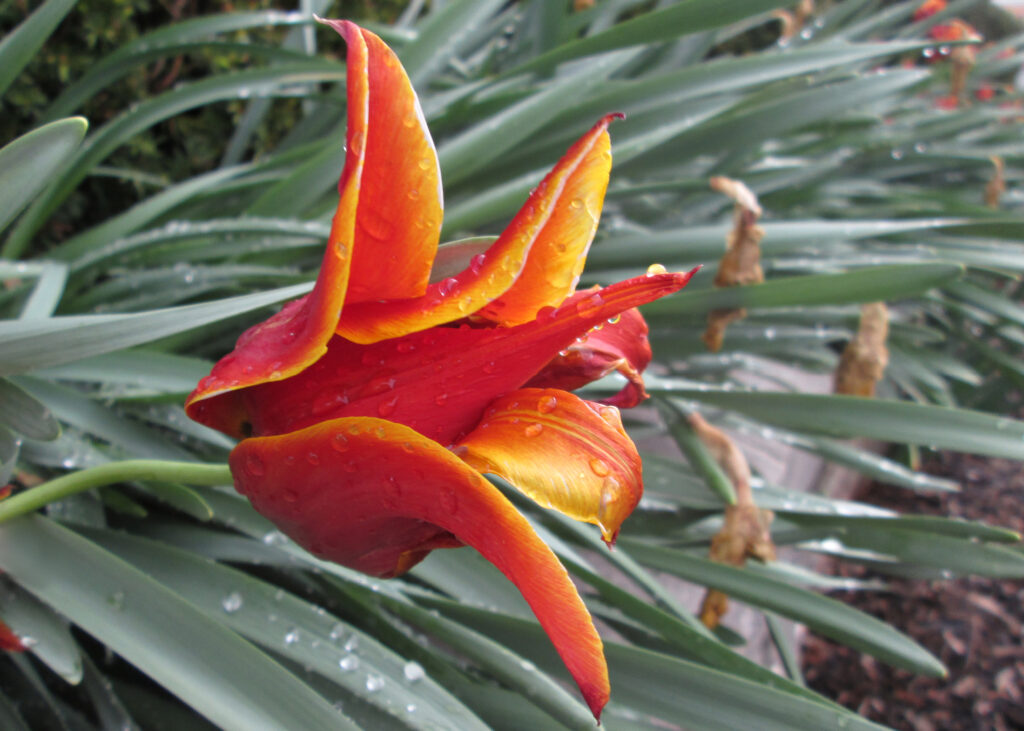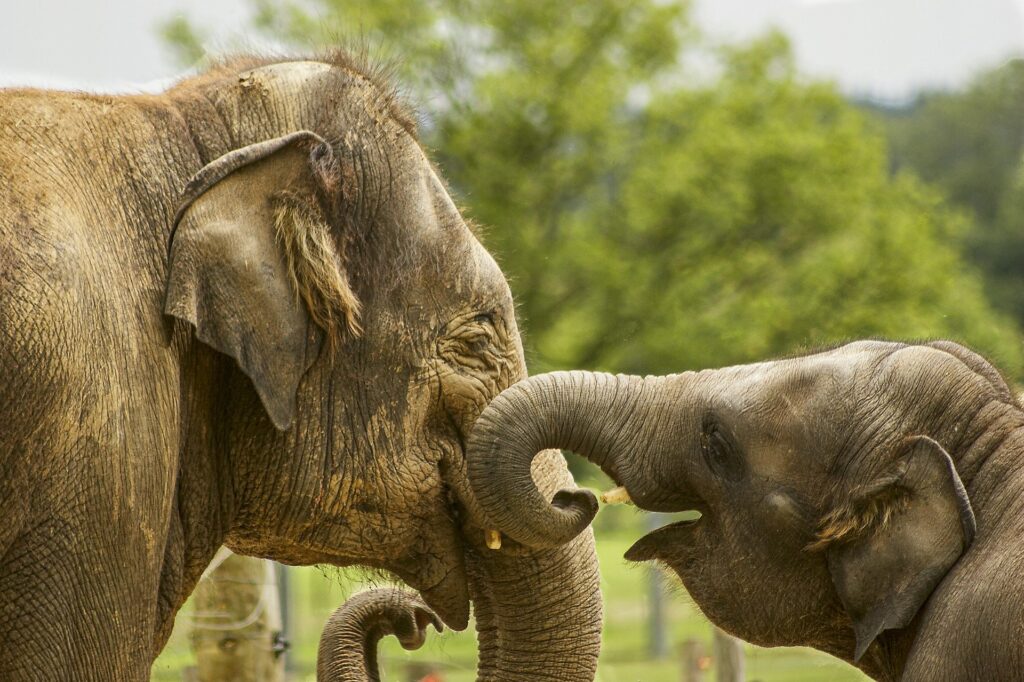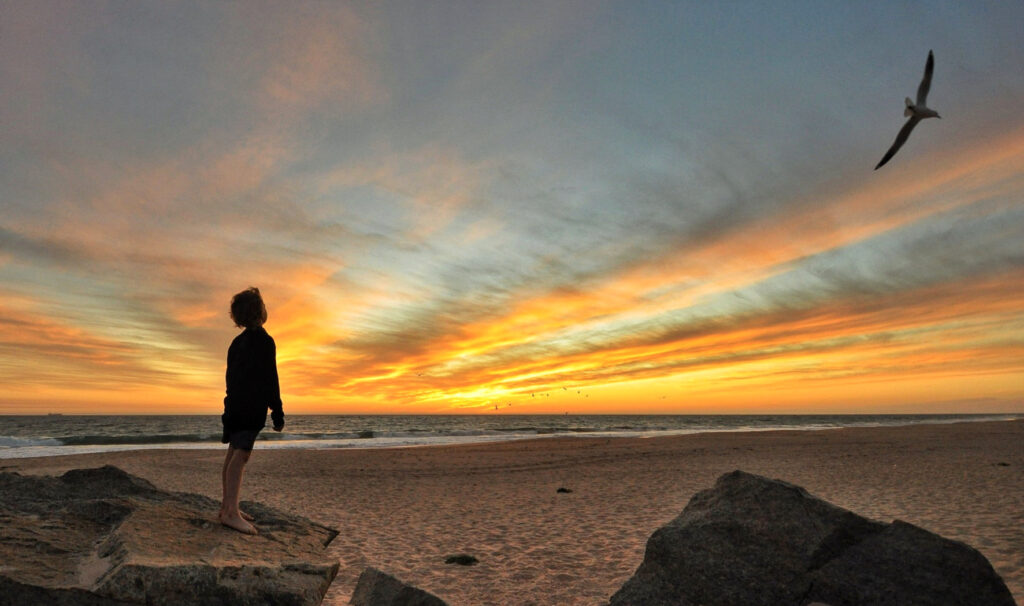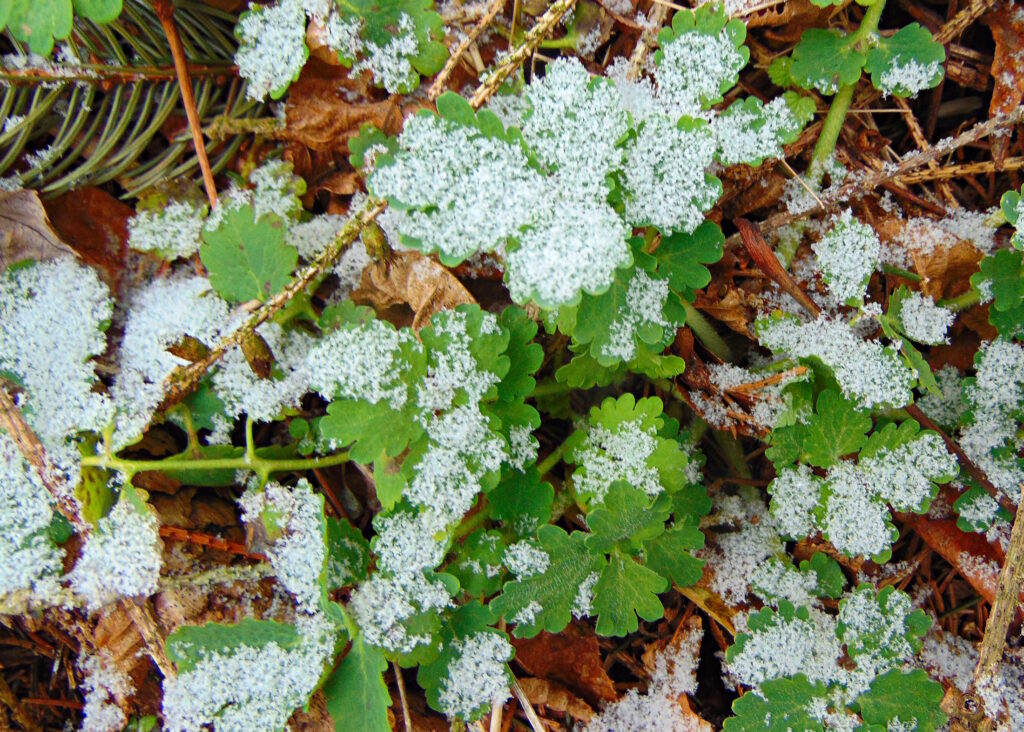
“What I don’t know I make up,” I used to tell people as a kind of joke. I left it up to them to figure out where fact gave way to fantasizing.
I was listening to some talk about ChatGPT this week. “What is ChatGPT?” you ask. (Here’s a good description.) Basically, It’s an online tool that’s sort of like a cross between an unimaginably vast library and a great personal assistant. A big bevy of those First Adopter types are praising its capabilities. It’s passed the bar exam, scored well on the SATs, and developed detailed business plans, for example. It’s fast and smart. You’ll be hearing about it more and more, I’m sure.
Well anyway, it turns out that when ChatGPT can’t find an exact answer for you, it, too, will make stuff up. And it’s very good at it, I hear. The Artificial Intelligence developers label the phenomenon “hallucinating.”
I thought that was an interesting word choice. When I make stuff up, I think of it as imagining. But what’s the difference when it comes down to it? Regardless of which term you give it, it’s a story our brains fabricate, both the living and the machine kind.
Personally, I thought it was a bit eerie that a language tool rooted in Artificial Intelligence would make things up. Why would it do that? It doesn’t have an ego to defend, after all, or emotions to sort out. It’s not trying to entertain. Maybe it’s a technique it uses for problem-solving. That’s one of the purposes our own story-making serves. Fortunately, ChatGPT doesn’t hallucinate anywhere near as much as we humans do. It’s more of a cut and dried here-are-the-facts kind of operation. We, on the other hand, are living in our dream worlds, our story worlds, more than we’re not.
To borrow the AI developers’ term, we’re usually living in a hallucination. There’s not necessarily something wrong with that. It’s the nature of the human mind (and maybe machine mind, too) at work. It’s a way of figuring things out, of looking for solutions.
What separates us from the machine, though, is that we can turn our attention away from our imaginary stories and focus on the here and now, with all its colors, and tastes, and sounds and smells. We can feel the air moving through us and around us. We can notice our bodies and adjust them at will. We can respond to the action around us. We can decide to play a different movie than the one that we were engulfed in minutes before. Or we can go back to it. But in the meantime, if only for a moment or two, we can be here, consciously alive in the midst of a living, mysterious world. And isn’t that amazing? And isn’t it amazing that we can be amazed?
Wishing you a week where you abandon the trance repeatedly to rediscover the mysterious reality right before you.
Warmly,
Susan
Image by ThankYouFantasyPictures from Pixabay
